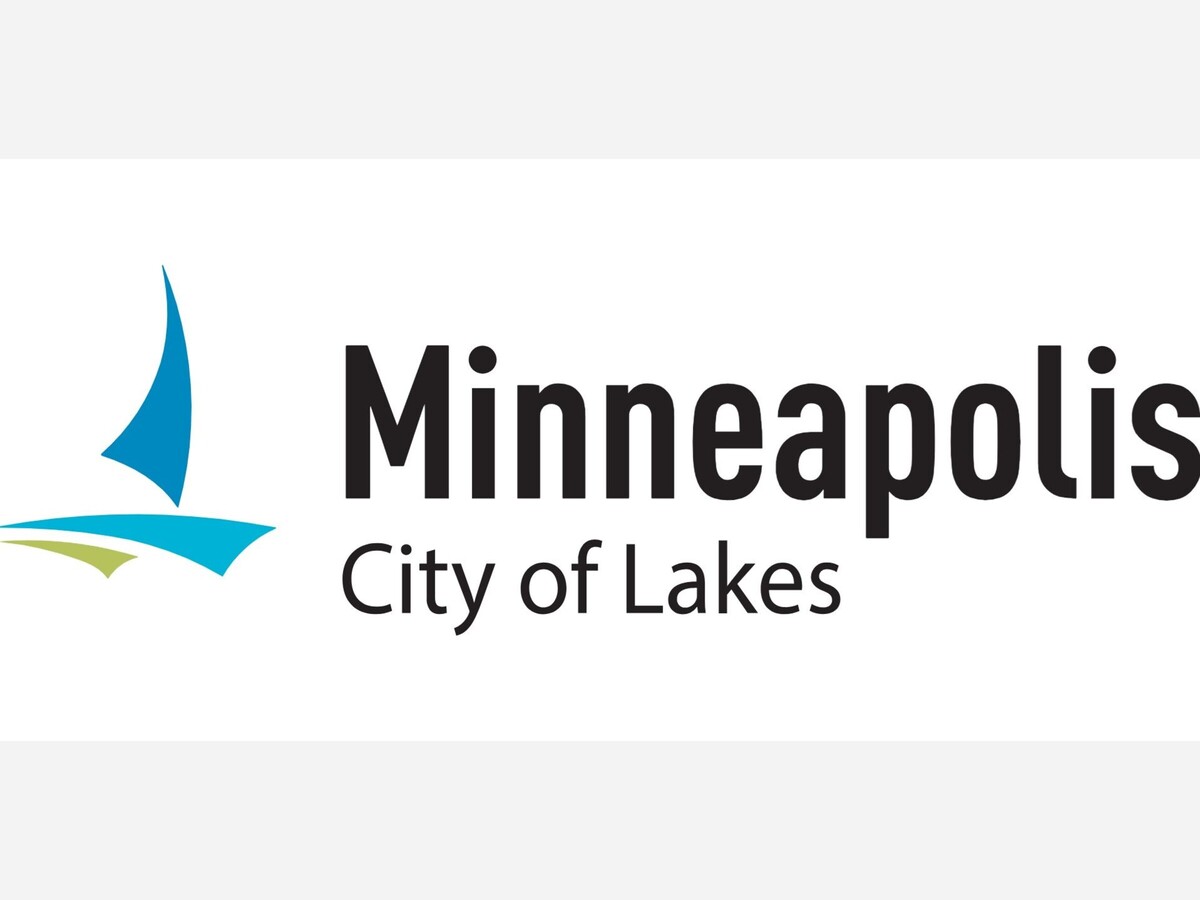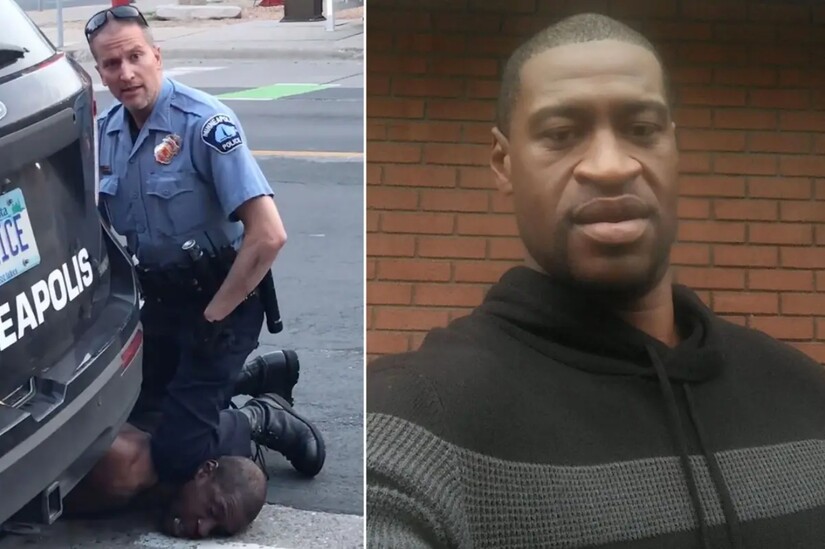Image


As Minneapolis approaches its 2025 mayoral election, the city stands at a crossroads that extends far beyond partisan loyalties or familiar campaign slogans. This contest is not merely about who will occupy the mayor’s office at City Hall — it is a referendum on the kind of city Minneapolis aspires to become after half a decade of crisis, reckoning, and resilience.
The race pits incumbent Mayor Jacob Frey, seeking a third term, against a crowded field that includes State Senator Omar Fateh, whose short-lived Democratic–Farmer–Labor (DFL) endorsement — later revoked — thrust the city into national headlines. Fateh, branded by supporters as “the Mamdani of Minneapolis,” has become a symbol of the left’s surging confidence in challenging establishment power. For Frey, the election is an existential test of leadership, legacy, and public trust amid mounting criticism from both sides of the political spectrum.
The DFL’s internal turbulence has itself become a defining subplot. Longtime DFL figure Lisa Goodman reportedly withheld contributions to the party until Fateh’s endorsement was overturned, a pressure campaign that helped trigger the extraordinary decision by party officials to rescind Fateh’s victory. That move, unprecedented in recent city politics, not only reopened the race but also exposed deep ideological fractures within Minnesota’s dominant political coalition — moderates versus democratic socialists, pragmatists versus purists.
The revocation restored equal access to the DFL’s coveted voter database for all candidates, but the damage was done: trust in the process eroded, and the progressive base emerged even more galvanized. For many young and working-class voters, the episode reinforced the perception that institutional power resists change at all costs.
Meanwhile, violence within homeless encampments has tested Frey’s record on one of the city’s most visible crises. His administration touts reductions in unsheltered homelessness, but critics — including members of the City Council — accuse him of an “inhumane” strategy of clearing encampments without sustainable housing alternatives. The problem is not only humanitarian but political: every sweep, every tragedy, and every relocation becomes a moral statement about whose lives are visible, and whose are disposable.
In a city that once prided itself on progressive leadership, this disconnect between policy ambition and lived reality has become glaring. Minneapolis voters are being asked to judge not just outcomes, but empathy.

Five years after George Floyd’s murder, policing and public safety remain the axis of Minneapolis politics. Frey’s critics say he has failed to deliver meaningful reform within the Minneapolis Police Department (MPD) despite public promises. The Amir Locke no-knock raid in 2022, which reignited outrage and calls for accountability, continues to shadow his tenure.
Progressives fault Frey for resisting stronger oversight and for his perceived alignment with police unions, while conservatives accuse him of weakening law enforcement morale. Both sides agree on one thing: Minneapolis is still searching for safety with justice.
The Department of Justice’s recent cancellation of federal police reform agreements with Minneapolis and Louisville places the burden squarely on city leadership. Without federal oversight, the next mayor must ensure that new standards for use of force, accountability, and bias training are not only written but enforced. Protecting Black residents and other marginalized communities from systemic harm can no longer be a deferred promise — it is an urgent obligation.
Beyond policing, Frey faces criticism for what detractors call an “autocratic” style and a combative relationship with the City Council. His vetoes of proposals on rent control, pedestrian infrastructure, and labor standards have alienated progressives. Within City Hall, reports of a “toxic” work culture and allegations of retaliation have deepened the perception of insularity and mistrust.
There are also concerns about his ties to corporate interests — from siding with Uber and Lyft against higher pay for rideshare drivers, to vetoing transit-friendly initiatives on Hennepin Avenue. Critics argue that these decisions betray a pattern: prioritizing developers and business donors over workers, renters, and environmental equity.
Compounding these controversies is Frey’s rhetoric toward student activists protesting the humanitarian crisis in Gaza — remarks seen by many as dismissive or antagonistic toward civic expression. For a city still redefining its identity through the lens of justice and inclusion, these moments resonate.
What makes this election consequential is not simply who wins, but what Minneapolis decides to be. Will it continue under the leadership of a pragmatic centrist promising stability and incremental reform? Or will it hand the reins to a new generation demanding structural change and moral clarity?
The answer carries implications beyond city borders. Minneapolis remains a national barometer for how urban America navigates police reform, housing justice, racial equity, and civic trust after years of trauma. The world is still watching — to see whether the city that sparked a global movement can also model what reconstruction looks like.
At its best, Minneapolis has been a place where conscience meets community — a city unafraid of hard conversations. But conscience demands courage. With the Department of Justice stepping back, encampments growing again, and divisions widening, Minneapolis needs leadership that can rebuild bridges, not burn them.
The next mayor must restore credibility to governance, dignity to those without homes, and safety to all residents — irrespective of race, creed, or background. Above all, the city must choose dialogue over dominance, service over showmanship, and truth over political calculation.
This election is not about personalities; it is about principles. Minneapolis stands before the mirror once again — and what it chooses to see will define its next decade.